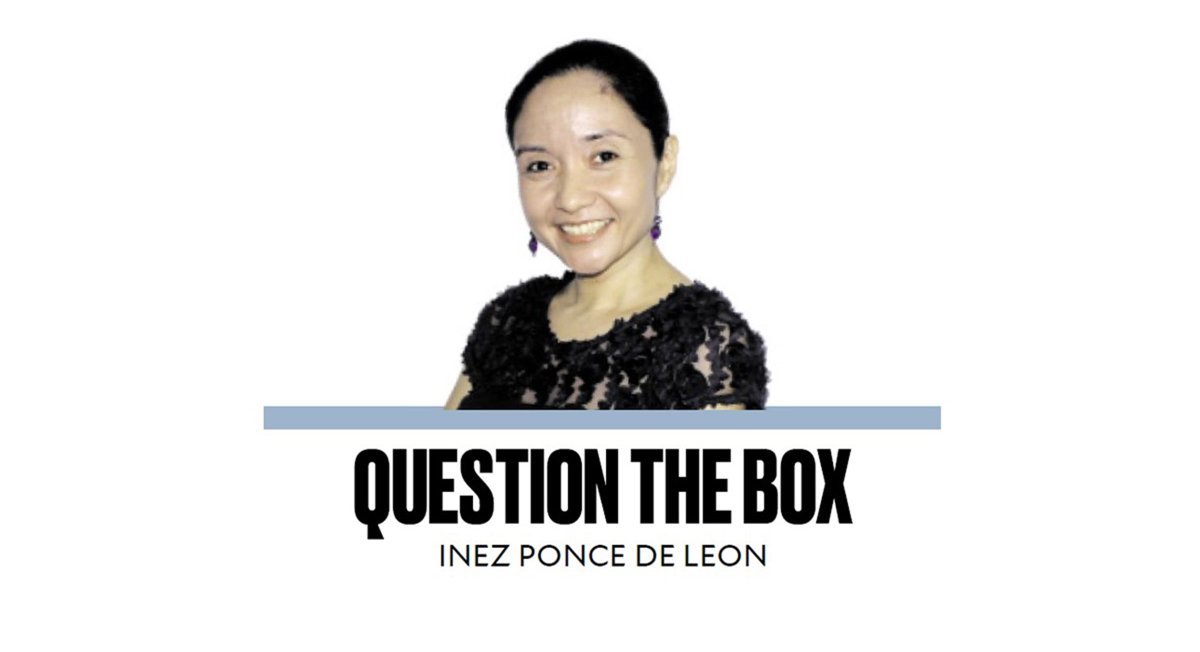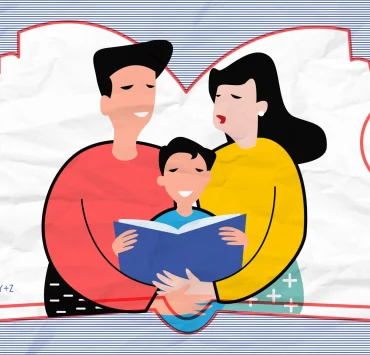Spirituality in the protest

There is a famous prayer most people think was written by St. Ignatius.
It begins with “Dearest Lord, teach me to be generous.” Later, it asks for one to be taught to fight, toil, and labor, all while ignoring wounds, a need for rest, and a desire for rewards.
I have heard people use the prayer to justify immersing themselves in work, even when they are so deeply scarred. I’ve even heard the prayer used to support moving on from difficult emotional situations and simply pursuing one’s obligations.
There’s no surprise that such a prayer is linked so closely to Ignatian spirituality, which is rooted in human experiences and calls for seeing the hand of God in all things. It emphasizes acknowledging emotions and engaging in imagination. It frames every person as unique, intricate, so that caring for another means understanding their complexity and acknowledging them as human beings.
Writers such as Marina Berzins McCoy, Roger Dawson SJ, Jack Mahoney SJ, Barton T. Geger SJ, and Fr. James Rafferty have written extensively about this brand of spirituality. However, while the prayer for generosity might seem to echo its tenets, there is no evidence that St. Ignatius himself wrote the words. Some scholars even argue that the prayer puts the person at the center of action: a creature enduring all things, rather than a human standing in humility and awe before a powerful God, the latter of which characterizes many Ignatian prayers.
St. Ignatius, moreover, encouraged his brother Jesuits to eat well, rest well, and not choose difficult tasks for the sake of completing them. Some of his prayers even involve taking time to meditate on one’s day, remembering one’s emotions and weaknesses, and acknowledging one’s continuing growth.
To ignore the emotions of weakness, pain, and grief is to also ignore our humanity. Nothing is “just” an emotion. Emotions, along with our imagination, logic, desires, and wants, intermingle to create what the Ignatian tradition calls movements, the interactions that reflect the storms and flows of the soul. These movements push us in directions that might lead us closer to God, so that we feel consolation; or that might push us farther from God, so that we feel desolation.
What should be remembered, then, is that we must understand ourselves as fully human. We are neither exclusively emotional, acting on impulse, nor purely rational, acting on logic. All our lives are bound up in a complexity of rationality and emotions, and to reduce ourselves and our decision-making to only one or the other is also unjust to the richness of one’s humanity.
We therefore cannot, and should not, put a premium on rationality. Our desire and imagination, for instance, allow us to creatively approach problems, sometimes even in ways that defy logic. Our imagination and emotions allow us to experience empathy, sometimes beyond what the mind will read with reason.
No human decision is ever made with only a rational outlook, nor should any decision be condemned if it appears emotional. We, therefore, should not stigmatize the role that emotions play, and we should not bury ourselves beneath the material world and its luxuries, nor engage in work for the sake of avoiding and forgetting difficult emotions.
For instance, while some authors and theorists argue that negative emotions constrain our worldview and make us act in self-preservation, others see these negative emotions as the starting point toward consolation: An initial anger over injustice that spurs one to take action; deep sorrow and regret that lead to humility; a surge of longing and grief as the sign that we have loved, and greatly, and that the loss has carved a great chasm within us that does not feel as though it will ever be filled.
Discernment, then, means acknowledging the power of one’s emotions: to sit with them, to nurse the anger if one must be enraged, to be contrite over one’s sins, to shed tears if one must grieve. Discernment is more than decision-making: it lays these emotions alongside one’s thoughts, imagination, and desires. Then, it finds the path forward.
We had those emotions, for instance, when we rallied for years in a culmination of people power on Feb. 25, 1986. We were angry at injustice, regretted not speaking up earlier, grieved for those whom we lost. We marched because our emotions told us that change could be achieved only when we, the people, recognized and voiced the pain of living under a dictatorship.
We could see where we had been illogical. We desired better things. We imagined a bright future.
Later, frail and undiscerning humanity got in the way. The revolution was looked upon with growing disdain and resentment until people saw only emotions as both at fault and in charge.
Move on, they said, because we are a deeply divided country. Move on, they said, because these old emotions get in the way of unity.
And to that, we answer: Unity is not about forgetfulness.
No emotion ever disappears from discerning, remembering souls.


















